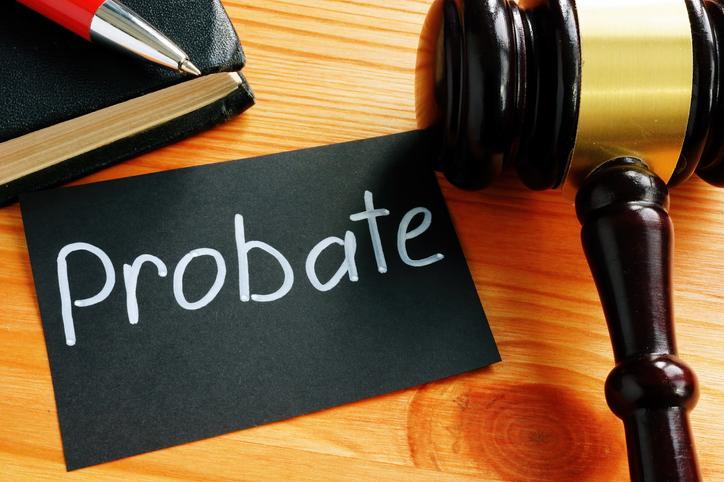
- posted: Sep. 30, 2022
- Estate Planning
When a person passes away, their property — known as the estate — can pass to heirs and other beneficiaries in various ways. The estate usually must go through a court process known as probate. If the decedent has created a trust, the property within the trust goes through trust administration. There are similarities between estate probate and trust administration but there are also substantial differences. Understanding the two processes can be important to how you structure your estate plan.
Estate probate and trust administration both involve management and distribution of a decedent’s property. Both require identifying beneficiaries, taking inventory of assets and interpreting essential documents. Both create fiduciary obligations that demand certain actions on the part of the person in charge, whether that is the executor or the trustee.
Despite these similarities, there are key differences between estate probate and trust administration that may have a substantial effect on settlement of an estate.
Estate probate is a court-supervised process. A legal notice is published in the newspaper, giving potential heirs and other interested parties the right to appear at court proceedings and to voice any concerns. The court appoints a personal representative, also known as an executor, to carry out the decedent’s directions in his or her will or, if there is no will, to distribute the estate as provided in the state’s intestacy law.
The estate probate process includes these steps:
- Filing of a petition with the court
- Appointment of a personal representative
- Notice to creditors, beneficiaries, and any other interested parties
- Inventory and valuation of estate assets that will pass to beneficiaries
- Payment of creditors and expenses
- Payment of taxes owed by the estate taxes
- Distribution of assets to beneficiaries
- Preparing a final accounting
- Filing a closing statement with the court, sending copies to all parties involved
The administration of a trust is carried out privately. Many of the documents are never made public and, unless there is a contest, everything happens outside of court.
The trust administration process includes the following:
- Posting of any necessary fiduciary bond
- Management of trust assets
- Protecting the value of any trust property
- Enforcing any legal claims of the trust
- Making distributions per the terms of the trust
- Maintaining or dissolving a trust in accordance with the testator’s intent
Since there are no court procedures to be followed, trust administration can be less expensive and take less time than probate. On the other hand, a trustee has broad authority to carry out the distribution of assets, with no notice being given to potential heirs who may be disinherited.
The Law Firm of Joseph M. Udall, PLC in Mesa, Arizona can advise you on the relative advantages of estate planning through the use of a will, trust or both. We help you decide on a plan that will best protect your property and carry out your objectives. Contact us online or call us at (480) 500-1866 for an initial consultation.



